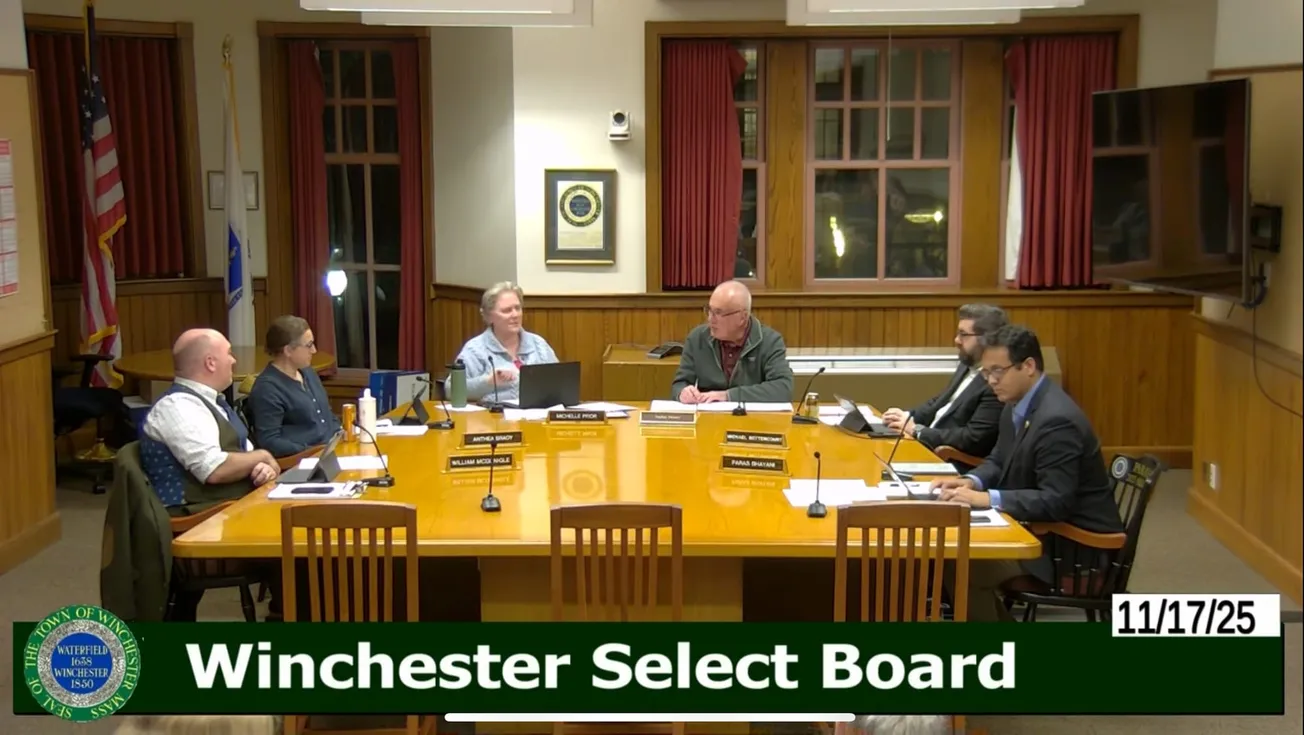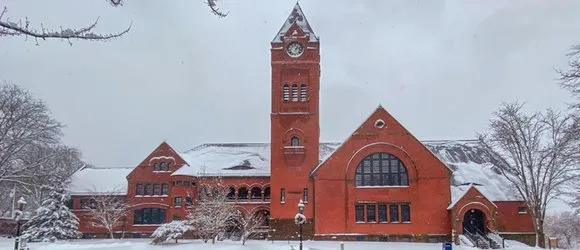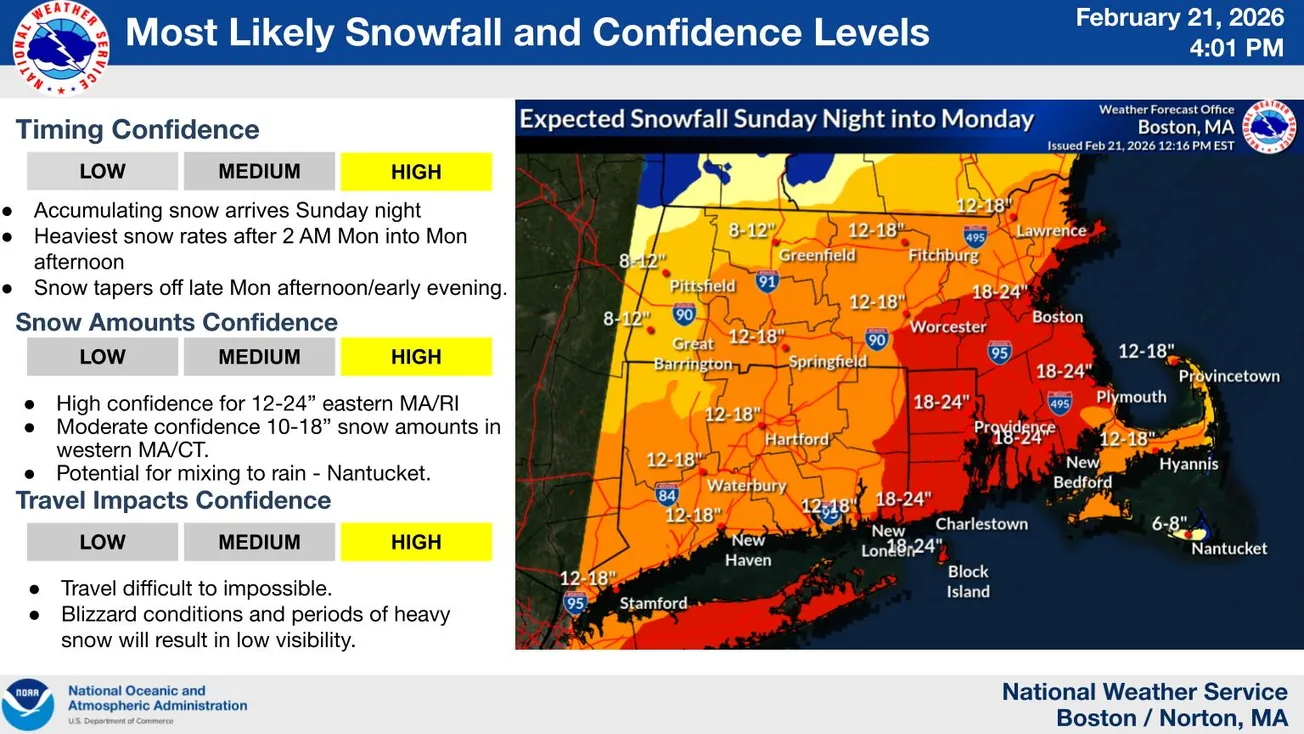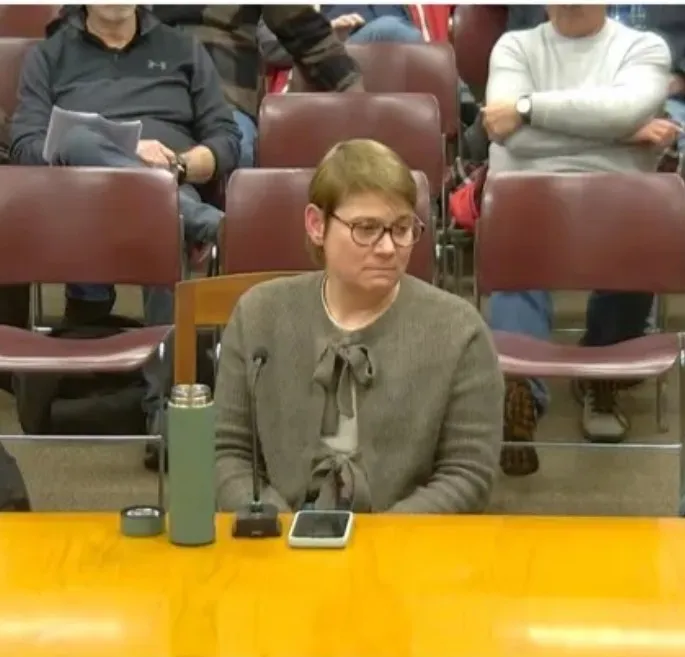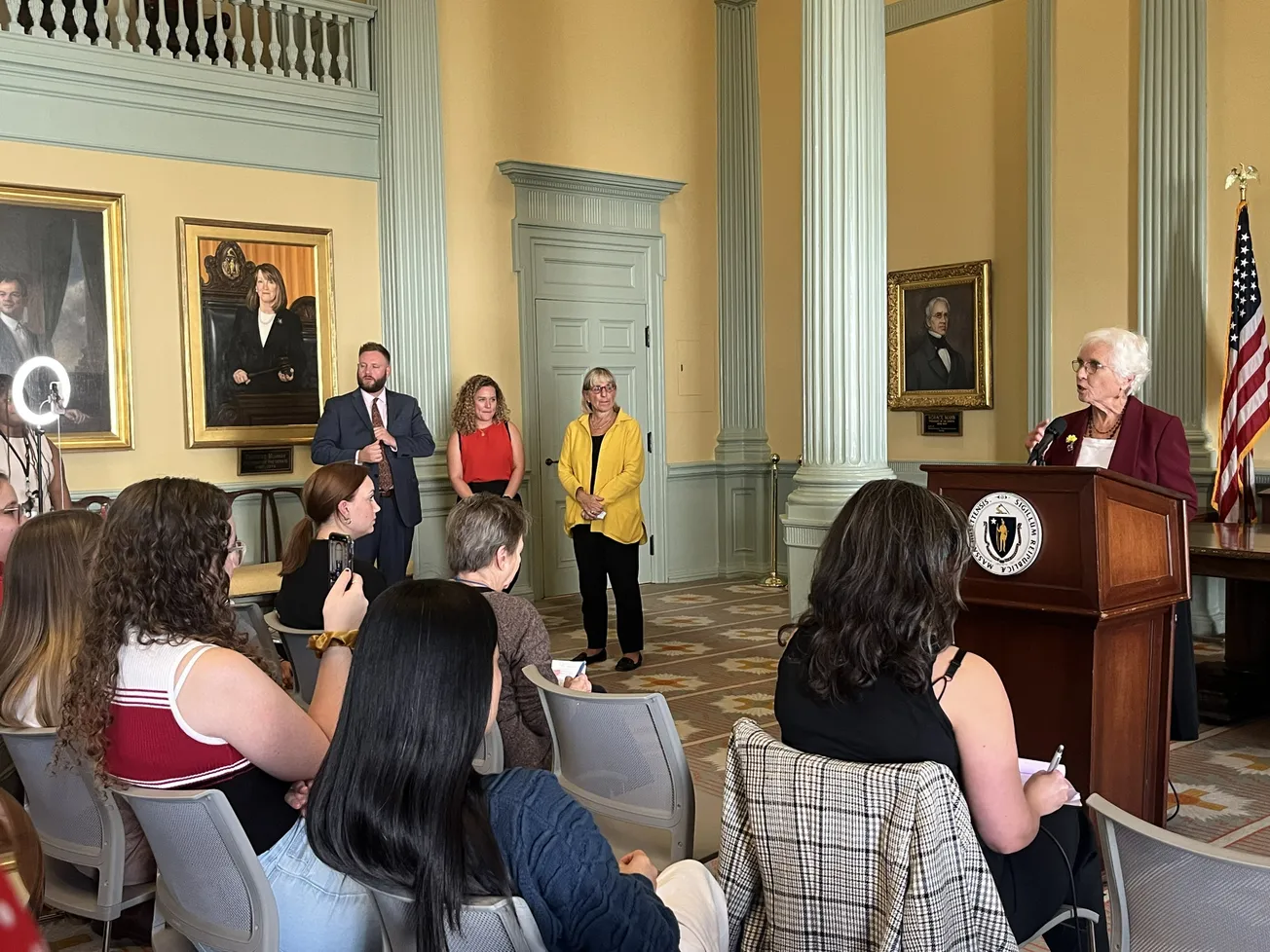Table of Contents
The Select Board on Nov. 17 voted to keep a single property tax rate for fiscal 2026, continuing Winchester’s long-standing practice of taxing homes and businesses at the same rate.
According to the town’s tax classification memo, the overall FY26 rate will be $10.56 per $1,000, with Chapter 110 adding another 52 cents to the residential rate, bringing it to $11.08 per $1,000, subject to a small adjustment by the Department of Revenue.
The hearing took up half the meeting, with Director of Assessment Dan McGurl walking the board through the math and explaining why a split rate would provide only minimal relief for homeowners while substantially increasing commercial tax bills.
Board of Assessors member George Nowell also attended.
McGurl told the board that Winchester’s tax base simply isn’t structured in a way that makes a split rate financially meaningful.
“We have such a small commercial group here in town, if you will,” McGurl said. “It doesn’t seem really—I’d say it’s not fair, but doesn’t seem quite right. We don’t get much of a savings.”
He noted that shifting the tax burden would barely move the needle: “You’d be saving roughly 5 cents on a residential tax bill per 1,000 and hitting the commercial 95 cents.“
Winchester has used a single tax rate for about four decades, splitting the rate only once, in 1984 shortly after Proposition 2½. McGurl added that the town’s unusual Chapter 110 arrangement already creates an internal two-rate structure by shifting a portion of the levy to water and sewer. “I believe we’re the only community in the state that still does Chapter 110 with the water and sewer,” he said.
Board members asked a few clarifying questions but no one advocated for changing the factor of 1. Questions about the long-discussed residential exemption were strictly informational; McGurl reminded the board that the exemption must be adopted at the annual classification hearing.
“If you’re really serious about it, we could talk about that and see what we have to do to promote it,” he said. “You have to vote it at this hearing. You can’t vote at any other time.”
Members also asked how a future override or other tax change might be phased into quarterly bills. McGurl said he typically spreads increases across the year so residents are not hit with a sharp spike.
After brief discussion, the Select Board voted to “establish a residential factor of one” and “take no action on the residential exemption, senior exemption or the open space discount.”
Members also raised concerns about implementing the low-income senior exemption from the Community Preservation Act surcharge, noting residents have reported difficulty finding application materials.
Everett Avenue culvert inquiry
During public comment, Everett Avenue resident Todd Hewlett asked why an Everett Avenue culvert project he had previously discussed with staff did not advance to a Town Meeting warrant.
“At no time during what was accessible to me did I understand the evolution from the board wanting this to move forward to it recommending that it not be included in a warrant,” Hewlett said. “I’m wondering if I could get just a summary of what happened and what the plan is moving forward to address the problem.”
Acting Town Manager Steve Delaney responded that more technical analysis is still needed.
“There needs to be additional analysis of the flows to determine what is the proper scope of a project at that location,” he said. “We are actively looking at how to do that flow piece to make sure it’s included.”
DPW hires
Delaney announced two full-time hires in the Department of Public Works: highway working foreman Joshua Canada and mechanical specialist Jeffrey Tierno.
The board waived the usual 15-day waiting period for both appointments.
Café Ducali license dispute
The longest non-tax hearing concerned Café Ducali’s request for common victualer, wine and malt beverages, and package store licenses at 959 Main St.
Owner Phillip Frattaroli said he sought a package store license because it better fits state rules for customers picking up food and buying sealed beer or wine.
“We think it’s cleaner to do it this way,” he said.
Several abutters objected, including Michael DeRose, of Main Street
“My opposition is rooted in what I can only describe as a bait and switch in the evolution of this project,” DeRose said. “I thought it was going to be a warehouse and bakery.” He said the current proposal “feels like a full-service bar and restaurant.”
Condo owner Justin McGee said his building unanimously opposed the operating hours and use.
“This is mission creep in what this particular building is going to be used for,” he said.
Because of conflicting zoning and licensing interpretations, the board continued the hearing to Dec. 1.
Mystic School update
The board reviewed an update on the Mystic School, where temporary shoring is needed to stabilize basement columns. A memo estimated shoring costs at about $54,000 for six months, with possible extensions if long-term repairs proceed.
Town Meeting debrief
Town Clerk Mary Ellen Marshall reported multiple technical problems during fall Town Meeting, recommending professional audiovisual testing for future sessions.
Winter parking debate
Board members opened a discussion on winter overnight parking and whether current rules still fit conditions downtown and on North Main Street.
Member Michael Bettencourt said, “We do have a problem to solve,” noting that snowfall has shifted later in the season while the parking ban begins early.
Will Dowd is a Massachusetts journalist who covers municipal government and community life for Winchester News. He previously co-founded the Marblehead Current and now runs The Marblehead Independent, a reader-funded digital newsroom.

